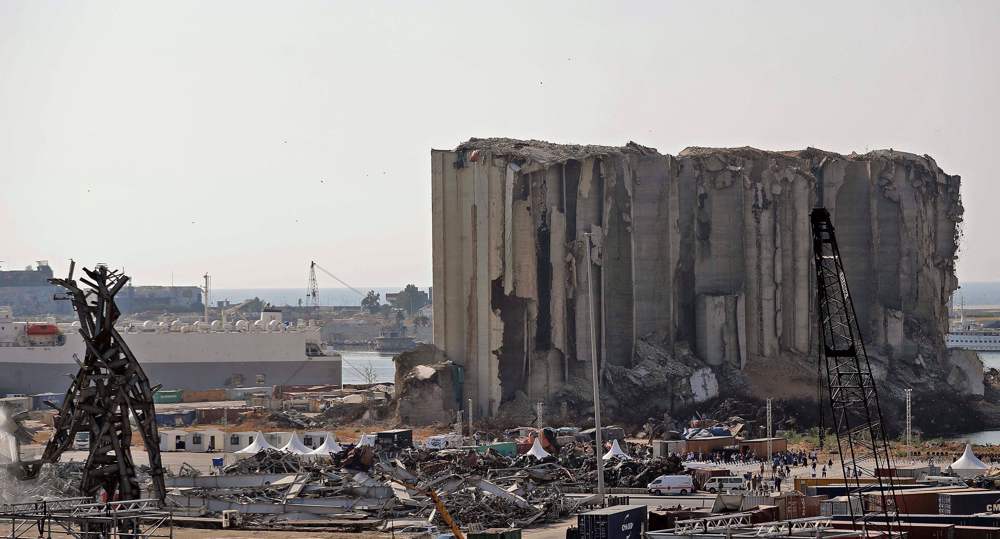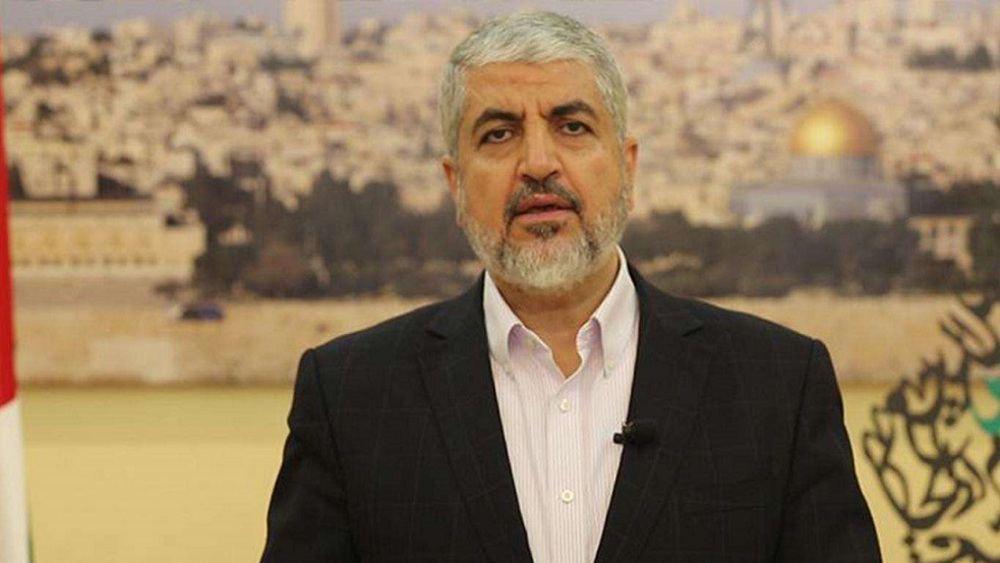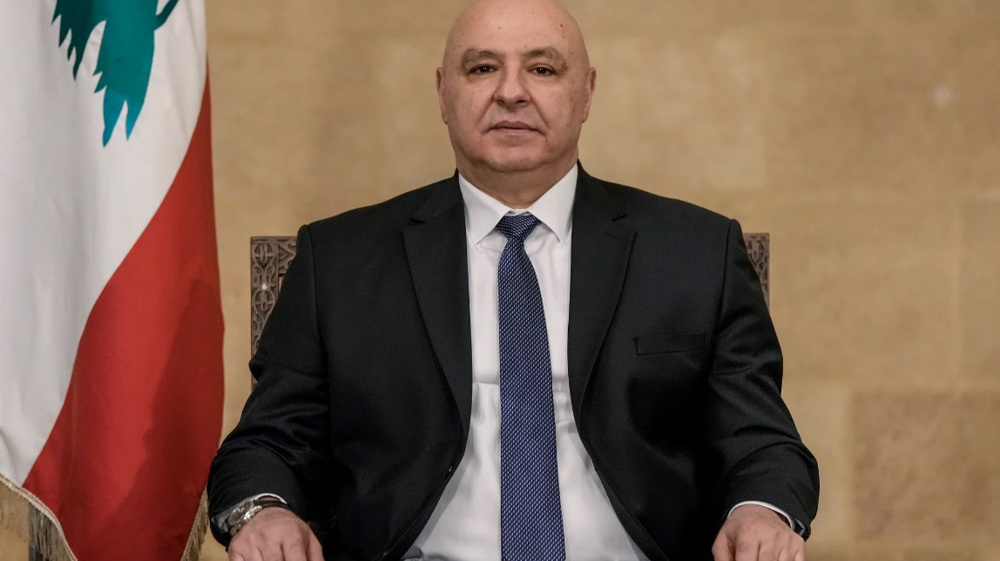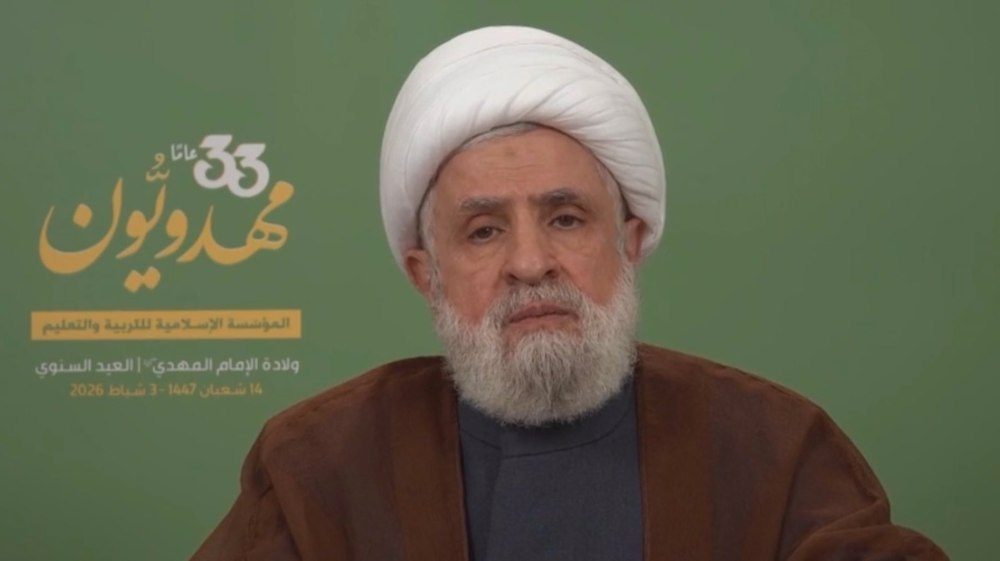New report reveals British govt. infiltrates Palestinian refugee camps in Lebanon under guise of improving their plight
The government of the United Kingdom has for many years secretly meddled in Palestinian refugee camps in Lebanon under the guise of improving their plight but in fact to secure demographic information to be used for impacting on Lebanese internal politics, a new report says.
In a report published in the investigative journalism website The Cradle, Kit Klarenberg, a British investigative journalist, said that leaked files revealed that the British Foreign Office has for many years clandestinely meddled in Lebanon’s refugee camps.
He added that the infiltration has been carried out through ARK, “a shadowy intelligence cutout run by probable MI6 operative Alistair Harris,” saying that London in fact seeks to subtly arouse revolutionary fervor in camps of Palestinian refugees to exploit them as unwitting foot soldiers in the UK’s ongoing secret war against Lebanon’s ruling elite.
Lebanon, engulfed in acute economic crises for the past several years, is home to more than 1.7 million refugees, making it the largest refugee-hosting country per capita in the world.
According to the United Nations Relief and Works Agency (UNRWA), more than 479,000 Palestinian refugees are registered with the agency in Lebanon, with around 45 percent of them living in the small Mediterranean country’s 12 refugee camps, in which they endure abysmal living conditions, overcrowding, poverty, unemployment and lack of access to justice.
“The documents indicate ARK has been operating in all 12 camps since 2009, implementing British-funded ‘programming’ of various kinds. This experience has granted the company ‘granular understanding’ of their internal political, economic, ideological, religious and practical dynamics, and led to the establishment of a ‘diverse delivery team’ and array of ‘local contacts’ with ‘access throughout all camps and gatherings,’ meaning community-level discussions and activities of residents can be spied upon and influenced,” the report said.
“This intimate, insidious insight is reinforced by ‘daily monitoring of neighborhood-level WhatsApp groups,’ with ‘any new information, such as affiliation between a local group and a faction, or conflict between factions’ documented by ARK’s in-house ‘stakeholder tracker,’” it further said.
According to the report, ARK has been engaged in small-scale initiatives in the camps, such as the restoration of streets and cemeteries, recycling projects, helping refugees to launch small businesses, providing disadvantaged and disabled residents with income, establishing nurseries and daycare centers, and even launching a community hub called Sawa Coffeeshop.
Back in May 2019, ARK proposed to the Foreign Office to boost these activities considerably, pledging to establish “Community Leadership Committees” in each of the 12 camps, composed of hand-picked “stakeholders” – including NGOs, youth activists, women’s organizations, and representatives of neighborhood armed groups, it said.
The report added that such an increase in activities by ARK was meant to identify “quick impact projects” that could be implemented therein. These projects aim to “counter threats to social stability in the camps, create or improve livelihood opportunities, and provide better access to services.
“A Foreign Office-commissioned ‘Target Audience Analysis’ conducted by ARK in March 2019 sought to pinpoint a segment of Lebanon’s population that could be mobilized to ‘affect positive social change,’ and methods by which tensions between sectarian communities could be reduced, in order to unify them in opposition to the country’s ruling elite. Reading between the lines, it gives every appearance of a blueprint for the Lebanese government’s overthrow,” it further said.
As for fruits of such attempts by ARK, Klarenberg said that in October that year and some seven months after its so-called Target Audience Analysis was submitted to the Foreign Office, massive anti-government rallies flooded the streets of capital Beirut, which have ebbed and flowed ever since, and generated enormous amounts of Western media coverage along the way.
Furthermore, a secret Foreign Office project influenced by the Target Audience Analysis attempted to recruit Lebanese youths as “agents of change,” creating among them a culture of active political participation so that they could better “hold political institutions and individuals accountable,” and increase “electoral participation” in favor of opposition parties, it noted.
“Clearly, irrespective of the outcome of Lebanon May elections, the ultimate victors won’t be the parties and candidates that secure office, or the average Lebanese citizens who elected them, but Britain – for whatever form the next government takes, one way or another, it will serve London’s financial, ideological, military, and political interests,” Klarenberg concluded.
US imposes ‘terrorist-grade sanctions’ on UN expert, ICC judges amid Gaza accountability drive
VIDEO | Press TV's news headlines
Senior Russian general shot and wounded in Moscow: Officials
UK ordered in 'milestone' court ruling to pay $570 million for colonial-era massacre
VIDEO | Defying the rubble, Gaza opens its first face-to-face school since start of war
‘Ready for next round’: Million-man rally in Yemen backs Gaza, resistance
FM Araghchi departs Muscat for Doha following nuclear talks with US
Israeli keeps killing more Palestinian civilians in Gaza amid relentless ceasefire violations












 This makes it easy to access the Press TV website
This makes it easy to access the Press TV website